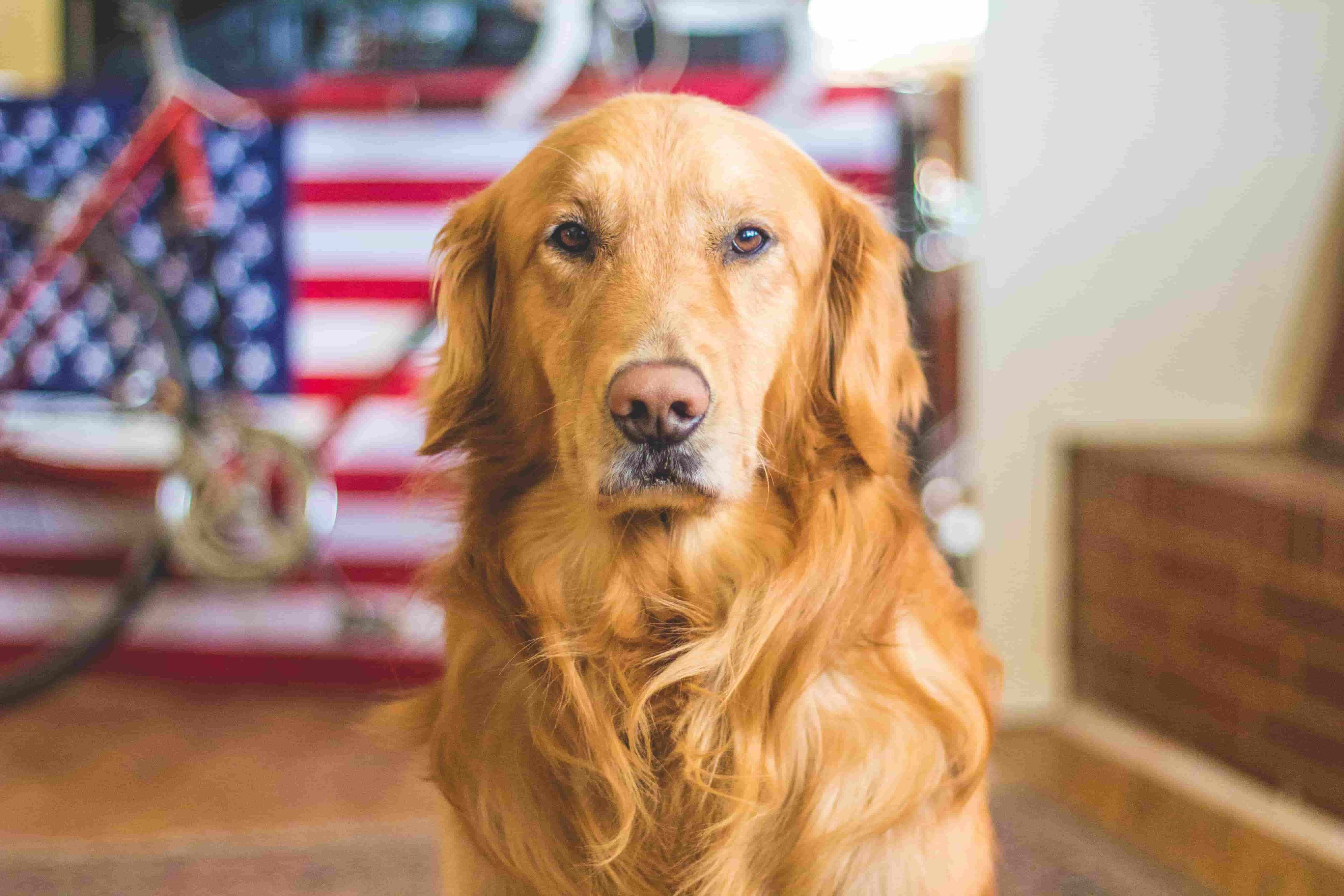
February 22, 2019 3 min read
When it comes to pets like dogs and cats, we often use the terms fur and hair interchangeably. But, have you ever asked yourself if they are in fact the same thing? If you have a furry, or hairy, friend at home, here are some things you should know about their coats.
The most important thing to know about the difference between hair and fur is that they are actually not different at all, at least scientifically speaking. Both hair and fur share the same chemical composition, as the two are made out of keratin, the same protein compound that makes up fingernails, claws, horns, and hooves. When people discuss hair vs. fur, they are typically referring to appearance, texture, and length of a dog’s coat.
The main difference between hair and fur is the way each grows. Even though both dog hair and fur go through the same phases of the hair cycle, how long each stage takes determines the characteristics such as thickness, length, texture, and shedding. Generally, “hair” goes through a longer Anagen phase or growing phase. Dog “fur” goes through the entire cycle quicker, which is why dogs with fur shed more often. Since fur goes through every phase faster, including the growing phase, dog fur is typically shorter and thicker than hair which is longer due to its longer growing phase.
There are over three dozen dog breeds that grow hair instead of fur. Because longer hair tends to trap allergens, many of these dogs are considered hypoallergenic, or less likely to cause an allergic reaction. These dogs include:
The following list of dogs tend to have shorter coats, commonly called fur. These dogs don’t require much grooming but shed more often than dogs with hair.
When it comes to cats, the terms hair and fur are often used interchangeably to the point where it can get confusing. For example, a ball of cat fur is called a hairball, but people often refer to their cats as furballs. Generally, the preferred term among cat owners is hair, regardless of breed.
When it comes to horses, there is also no difference between hair and fur. However, you will rarely meet someone who refers to a horse’s coat as fur. When it comes to larger animals like horses and livestock, what determines if they have hair or fur is if humans can use their coats as, well, coats. For example, a cow’s or horse’s coat is not dense or long enough to be used as garments, so we call their coats hair. In contrast, mammals like bears and minks are considered to have fur, while animals like sheep are said to have a fleece of wool.
People often use the terms hair and fur interchangeably, but both of them are very different. Although fur and hair are both made of the same protein, keratin, and they grow from hair follicles in the skin. Similar to other mammals, dogs have hair covering their bodies, but not all hair is the same. Depending on its type, texture, and function, it can be classified into either hair or fur.
| Hair | Fur |
|---|---|
| Grows continuously and falls out individually | Grows to a certain length and sheds seasonally |
| Provides less insulation | Provides better insulation |
| Grows slower | Grows faster |
| Needs more grooming | Needs less grooming |
Hair and fur both grow out of the hair follicles of mammals. Apart from humans and dogs, elephants, whales, pigs, sloths, platypus, anteaters have hair instead of fur.
Cats have both hair and fur, depending on how you classify each. Some cats have collective body hair, often classified as hair fur, while some have strands. There are also some cats who are hairless, like Sphynx.
Although dogs with hair vs fur are not much different from each other in terms of composition and structure, their growth pattern and function varies.
Dogs that have a single coat of soft, long hair that continuously grows and requires timely grooming can be classified as a dog with hair. Dogs with a double coat of coarse, short hair that grows only to a certain length are dogs with fur.